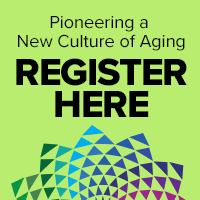
Full Day Intensive Sessions
WEDNESDAY, AUGUST 12: 8:00 AM - 1:45 PM
I1: The Times Have Found Us! Called to Transform the Culture of Our Convent Healthcare Settings
Guides:
Sr. Imelda Maurer, Director, In Service to Our Own
Panel representing organizations serving Sisters who have worked with outside culture change consultants.
Description: In the fall of 2019, Sister Ann Margaret O’Hara, SP published in Engaging Aging some of her personal experiences as a “patient” in her Congregation’s “five-star facility” following a stroke during surgery writing, “I hope that my story will illumine some aspects and challenges of health care that, if modified slightly, might help mitigate the trauma to those receiving care and advance the goal of well-being.” Participants will be exposed to the principles of person-centered care and how these values are directly correlated with Congregational charism and values. Participants will leave with tools on how to begin transforming the culture of their Sisters’ healthcare setting.
Objectives:
- Identify areas of policy and/or practice that reflect ageism in the healthcare setting;
- List at least five common practices that are considered standard care but do not honor person-centered values.
- Identify areas in his/her workplace in which transforming the healthcare setting culture honors person-centered values.
Bio:
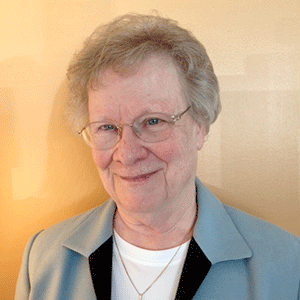
Imelda Maurer
Sr. Imelda Maurer has thirty-one years’ experience in advocacy and leadership in aging services. She has directed communities at all levels of care. Over the past several years, she has worked directly with Sisters across the country; visited convent settings to learn about retirement programs; consulted with elected leadership teams; and presented at regional and national settings. A retired Licensed Nursing Home Administrator, Sr. Imelda has administered all levels of LTC communities. She has visited convent retirement centers across the country, gaining a general knowledge of programs, attitudes and needs; consulted with leadership teams of various congregations; and has addressed Sisters at regional and national gatherings, Sisters in elected leadership and Sisters living in retirement settings. Her blog, Providence Women, addresses issues of aging, advocacy around aging services issues, standards of care, ageism, aging and spirituality. She has had work published in National Catholic Reporter, including her project, “Global Sisters Report.”
I2: Create Better Endings Through Late Life Living: The ResoLute Project
Guides:
Kelly Klund, Resource Nurse, Empira
Sarah Brown, Executive Director, Empira
Heather Johnson, Resource Nurse, Empira
Adrienne Duncan, Resource Nurse, Empira
Description: Resolute (Resident Empowered Solutions on Living Until the End) is Empira’s 4th Performance Improvement Program Project (PIPP) grant. This program (Resolute) is an innovative upstream palliative approach seeking to provide residents and their loved ones more time to achieve successful Work of Aging milestones with less time spent on unnecessary and unwanted medical interventions. The term “Work of Aging” describes conversations or actions that support one in reaching late life milestones with a balanced approached to biological, psychological and social needs.
Objectives:
- Define “Work of Aging” and the importance it plays in our lives.
- Compare Empira’s medication alignment strategies to a standard pharmacy medication review.
- Demonstrate strategies that promote “Work of Aging” into daily practice.
Bios:
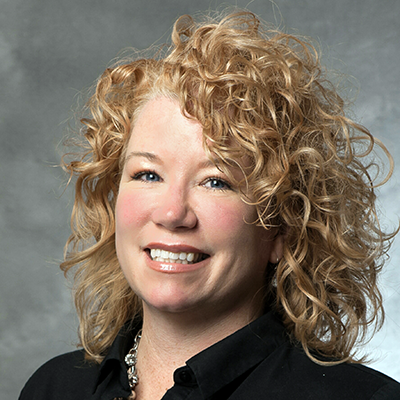
Kelly Klund
Kelly Klund has worked in healthcare since 1989 and has been a nurse since 1993. She has broad experience in bedside nursing, leadership, program development, and strategic relationships. Kelly promotes culture change through the development and deployment of Empira’s signature programs and educational outreach initiatives. She partners with organizations to help them achieve better outcomes by bravely challenging the status quo and inspiring new and truly holistic approaches. Kelly served as the Project Manager for Resolute, Resident Empowered Solutions on Living Until the End, leading 24 communities from 4 competing organizations through a culture change movement focusing empowering residents to embrace their Work of Aging. The program strives to support residents and loved ones as they embrace the process of aging with purpose, determination, and an unwavering commitment to uphold what matters most in the late stages of life.
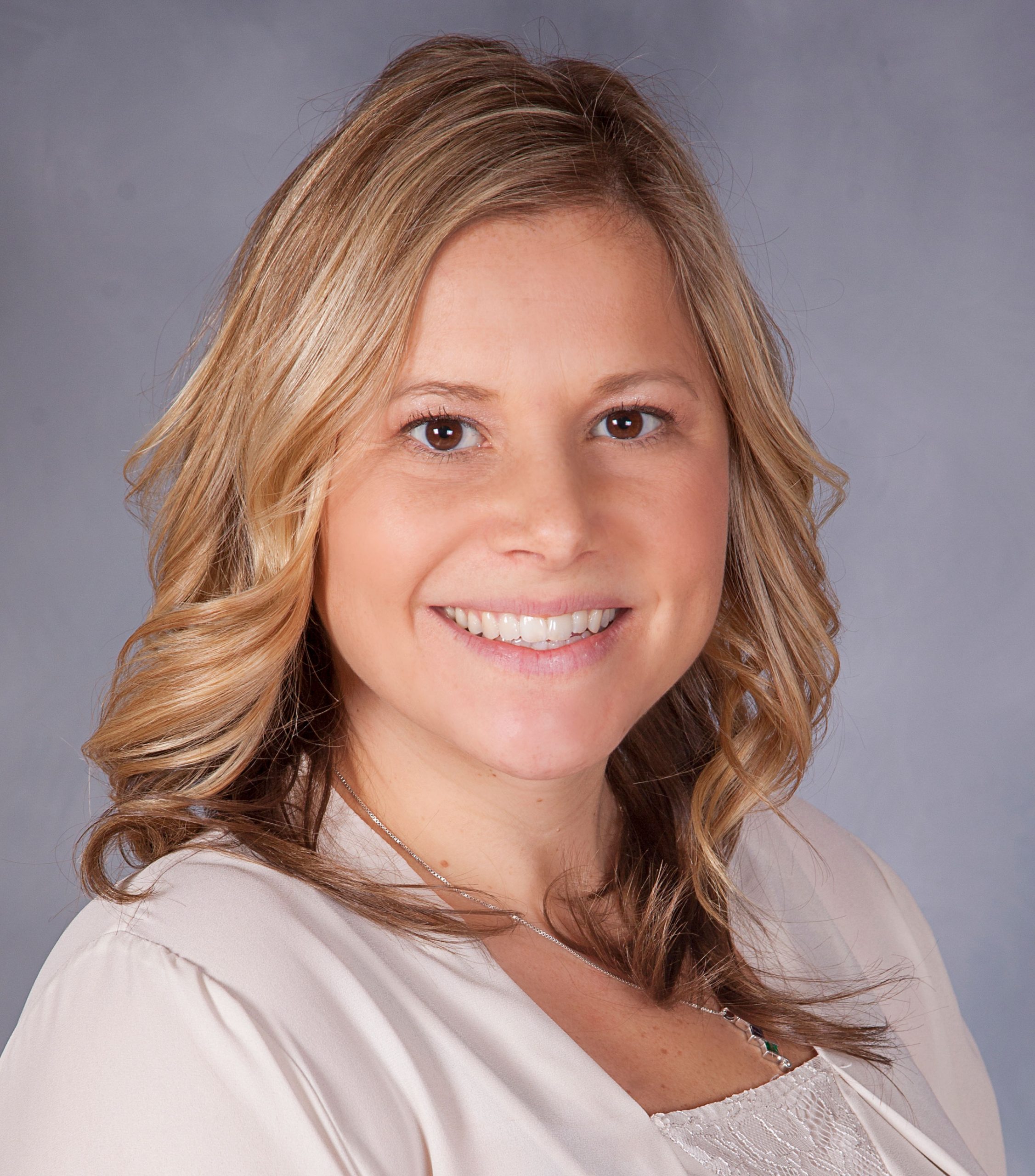
Sarah Brown
Since 2001, Sarah Brown has held a variety of roles and knows senior care from the inside out. She has worked in direct patient care, leadership, education, and consulting in a variety of settings, including long-term care, transitional care, clinics, large health systems, and partnerships. Sarah has always been passionate about serving those in need through the continuous improvement of care practices to achieve better clinical outcomes and aging experiences. As Executive Director, Sarah oversees the development and deployment of Empira’s signature quality improvement programs, as well as the ongoing pursuit of applied evidence-based research. She presents Empira’s work at state and national conferences.
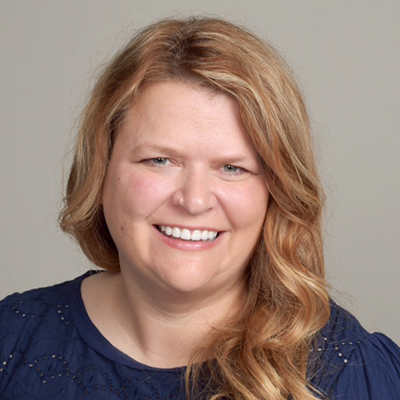
Heather Johnson
Having grown up in a family that provided adult and child foster care for individuals with disabilities and mental illness, Heather Johnson knew at a young age that she enjoyed taking care of others and pursued her education in healthcare. As a Registered Nurse, she has provided direct care, supervision, team leadership, and mentoring to colleagues and patients. Heather takes great pride in having the ability to positively affect practices in long-term care by leading performance improvement programs and continuing her own education. She supports evidence-based quality improvement through the development and deployment of Empira’s Signature Programs and assists in the creation and teaches Empira’s Signature Programs courses. As a liaison to our members, she is responsible for supporting PIPP exploration, ensuring compliance and active participation in performance expectations of site leaders and IDT members, and program oversight. As part of the Empira team, she is a current member of the LeadingAge MN Educational Committee, Care Providers on MN Regulatory Committee, an active member of ACT on ALZ, and a member of Buffalo Area Dementia Friends Leadership Team and Action Team.
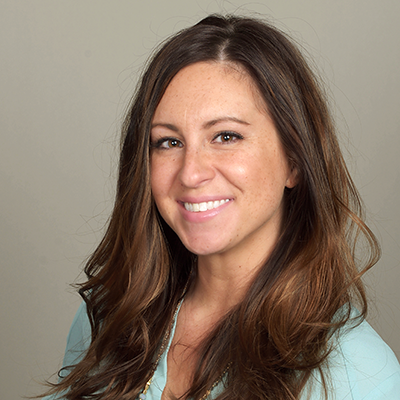
Adrienne Duncan
Adrienne Duncan has a background in long-term and memory care, staff development and education, as well as PIPP coordination. This experience along with her passion for lifelong learning and devotion to harmonious teamwork has allowed her to serve older adults with a holistic, person-centered care approach. As a resource nurse, Adrienne supports the Empira quality improvement programs through education and evidence-based research. Along with her BSN from Viterbo University, she has 15 years of experience in various healthcare settings.
AM Mini-Intensives
WEDNESDAY, AUGUST 12: 8:00 AM - 10:45 AM
I3 Meaningful Engagement – Beyond Bingo
Guides:
Jacqueline Hurt, Training Manager, Park Springs Continuing Care Community
Tim Knight, Executive Director of Health and Wellness Services, Park Springs Continuing Care Community
Panel of direct care staff from Park Springs
Description: This session will explore what meaningful engagement looks, feels, sounds and smells like. While Bingo is always an activity that most members (residents) may enjoy, we will be exploring how to make each day as meaningful and purposeful as possible for elders in our care. Beginning with the basics of learning life stories and the history that our elders bring with them, we will share meaningful engagement opportunities that promote the well-being and sense of purpose and belonging for those we care for.
Objectives:
- Discuss and create optimal meaningful engagement plans for elders.
- To build a participative learning community that validates what each participant brings to this day and the world of resident care.
- To immerse participants in the importance of knowing life histories of the people that they care for and how it relates to providing an environment that promotes individuals choice and preferences, person- directed care and well-being.
Bios:
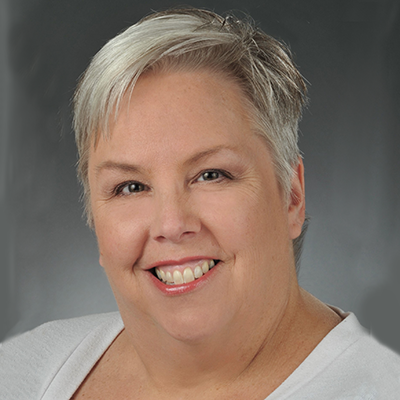
Jacquie Hurt
Jacquie Hurt serves as the Training Manager at Park Springs, LLC in Stone Mountain, GA. She is a Certified Dietary Manager as well as a Certified Dementia Practitioner and a Certified Eden Associate. Jackie has over 25 years of healthcare leadership experience in acute, long term and life plan communities. She was a co-presenter at the 2019 LeadingAge GA annual conference as well as a co presenter with Dr. David Sheard and the team from Park Springs at the 2019 Pioneer Network Conference. She and her team present locally as well as host informational sessions for members and families of Park Springs.
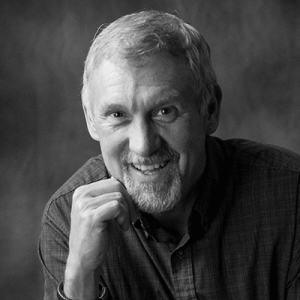
Tim Knight
Tim Knight began his healthcare career working as a Certified Nursing Assistant (CNA) in long term care in 1986 and became a Licensed Practical Nurse (LPN) in 1987. After attending the nursing program at the University of New York at Albany, he obtained his license as a Registered Nurse (RN) in 1998 and obtained a Bachelor’s Degree in Healthcare Administration in 2011. Tim is originally from Maine and relocated to Stone Mountain, Georgia in April of 2017 to assume the position of Executive Director of Health & Wellness Services at Park Springs. While working in Maine, Tim served as a Registered Nurse in a variety of healthcare settings including acute care, long-term care and assisted living, introducing a person-centered, person-directed approach to each level of care. Tim served as the President of the Maine Culture Change Coalition and worked on several statewide projects that supported changing how traditional care is delivered in long-term care, memory care and assisted living. Tim is currently working at Park Springs in Stone Mountain, Georgia where he continues his passion of culture change through the direction and support of the Household Model of Care and the Dementia Care Matters Butterfly model of care. In July of 2017, Tim lead his team in opening the new Pebblebrook Health Center and in August 2018, the Memory Care household at Pebblebrook became the first accredited Butterfly Home in the United States and was accredited at a Level 1, the highest possible rating.
I4: High Involvement for High Performance: Doing Better Together
Guides:
Barbara Frank, Co-founder, B&F Consulting
Cathie Brady, Co-founder, B&F Consulting
David Farrell, Vice President of Subacute Services, Telecare Corporation
Lynn Snow, Research Clinical Psychologist & Professor, Tuscaloosa VA Medical Center
Christine Hartmann, Researcher & Professor, Bedford VA Medical Center
Description: This session describes the business imperative for high involvement leadership. Regulatory, reimbursement, and market forces are driving long-term care leaders toward continued improvement. Learn how to create continuous staff engagement using watch list huddles to work together as a team to address the needs of fragile and high-risk residents. Practice skills and share best practices. Experience a deep dive bringing the social history, psychosocial information, and customary routines to the problem-solving for residents at risk for falls or expressing distress behaviorally. Use small individualized data to see patterns and connect the dots. Bring home tools to do better together!
Objectives:
- Discuss the regulatory, financial, labor, and market forces driving providers to high performance through high involvement and person-centered care.
- Apply high involvement through implementation of watch list huddles, a system that facilitates regular high involvement.
- Apply a deep dive process using individualized information about a resident to resolve clinical concerns.
Bios:
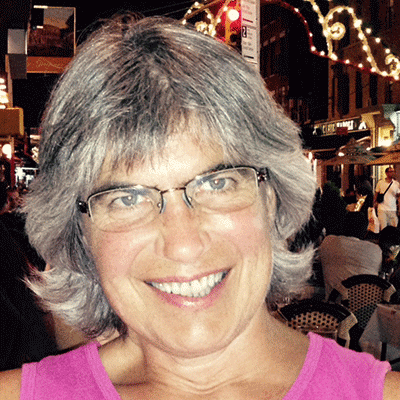
Barbara Frank
Barbara Frank, with B&F Consulting co-founders Cathie Brady, helps nursing homes be better places to live and work. They provide on-site assistance and serve as faculty for state and national learning collaboratives to improve care outcomes by engaging staff in individualizing care. They are currently consultants for the VA’s quality improvement initiative for VA Geriatric Centers; and implementation specialists for a NIA funded grant to Brown University to test the effectiveness of MUSIC & MEMORY on residents living with dementia. Barbara Frank worked at the National Citizens’ Coalition for Nursing Home Reform in Washington, D.C., where she directed their 1985 study, A Consumer Perspective on Quality Care: The Residents’ Point of View. She helped establish the national network of state and local ombudsman programs. She facilitated the Campaign for Quality, a coalition of organizations representing providers, consumers, practitioners, and regulators that developed the consensus framework for OBRA 1987, the Nursing Home Reform Law. Barbara facilitated the first Pioneer Network gathering in 1997, and in 2005 she facilitated the St. Louis Accord, a national gathering of provider, consumer, regulator, and quality improvement organizations that came together set a course for state and national work to improve clinical outcomes through staff stability and culture change.
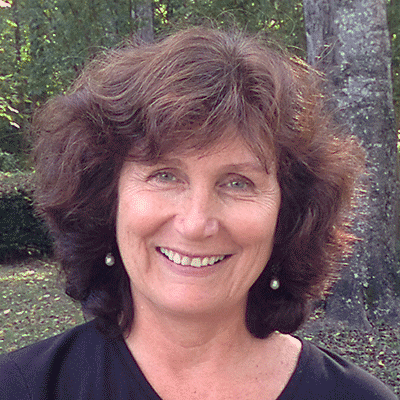
Cathie Brady
Cathie Brady, with B&F Consulting co-founder Barbara Frank, helps nursing homes be better places to live and work. They provide on-site assistance and serve as faculty for state and national learning collaboratives to improve care outcomes by engaging staff in individualizing care. They are currently consultants for the VA’s quality improvement initiative for VA Geriatric Centers; and implementation specialists for NIA funded grant to Brown University to test the effectiveness of MUSIC & MEMORY on residents with dementia. Cathie has 30 years of experience in executive leadership roles providing services and advocating for older adults. As the Executive Director she revitalized the Department of Aging Services for Bristol, Connecticut through award-winning, life enriching programs. She served as the Regional LTC Ombudsman for Eastern Connecticut and developed educational programs to introduce her nursing homes to culture change.
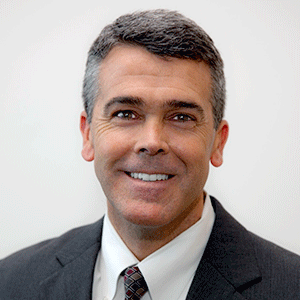
David Farrell
David Farrell has spent his entire 30-year career in the healthcare field. He is a licensed nursing home administrator who started as a nursing assistant. David has co-authored two books focused on leadership and quality in long-term care. In his current role, as VP of Operations, David oversees a large number of behavioral health programs including three nursing homes. He provides operational oversight and support to the programs’ leadership teams.
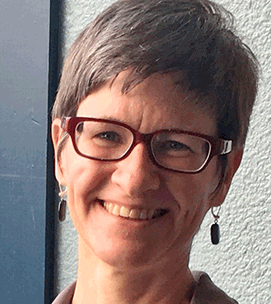
Dr. Lynn Snow
Dr. A. Lynn Snow has been working in nursing homes since she was 17. She is co-director of VA CONCERT (CLCs Ongoing National Center for Enhancing Resources & Training), whose mission is supporting VA Community Living Centers in achieving high involvement quality improvement. Dr. Snow’s clinical and research agendas have focused on the nursing home setting for her entire career. She has served on her state culture change coalition board and as a member of her VA Community Living Center’s culture change committee. Her clinical expertise is in dementia care, (assessment and treatment of pain, depression, anxiety), staff coaching, and mindfulness.
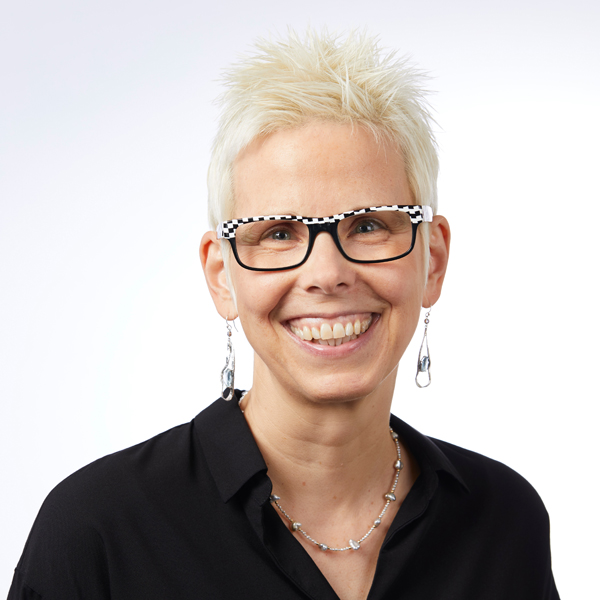
Christine Hartmann
Dr. Christine Hartmann is co-director of VA CONCERT (CLCs Ongoing National Center for Enhancing Resources & Training), whose mission is supporting VA Community Living Centers in achieving high involvement quality improvement. She is co-investigator on a current VA grant with Dr. Camp and Dr. Snow (led by Dr. Michelle Hilgeman) to investigate effective implementation of Montessori practices into VA community living centers. Dr. Hartmann is an implementation science expert, particularly in the areas of nursing home person-centered care, quality, and safety. She has been an active leader and participant in VA culture change efforts locally and nationally.
I5: Dementia-Friendly: Bringing a Community Together
Guides:
Stacie Bonenberger, Senior Quality Improvement Specialist, Jewish Healthcare Foundation
Anneliese Perry, Senior Quality Improvement Specialist, Jewish Healthcare Foundation
Description: Today there are over 50 million people living with dementia with nearly 10 million new cases every year. A Dementia-Friendly Community can help enable individuals, their families and care partners to live well with dementia. During this session, we will explore how communities from around the world have become informed, safe and respectful of individuals living with dementia, their families and care partners. We will share how different sectors in a community develop the capacity to provide supportive options that foster quality of life. Attendees will begin to create simple actionable steps to spark their Dementia-Friendly Community Initiative.
Objectives:
- Define Dementia-Friendly and create an ideal Dementia-Friendly Community.
- Identify examples of current Dementia-Friendly Communities on a global, national, and local scale.
- Identify actionable steps to create a dementia-friendly community initiative in your community.
Bios:
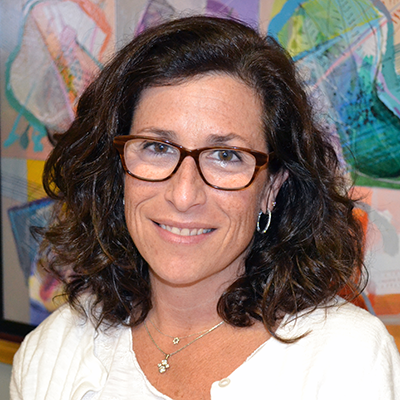
Stacie Bonenberger
Stacie Bonenberger is a Senior Quality Improvement Specialist at the Jewish Healthcare Foundation and Pittsburgh Regional Health Initiative whose primary focus is working on initiatives related to the aging population. As a certified Positive Approach to Care™ trainer, Ms. Bonenberger provides knowledge and awareness for families and professionals to help them better understand how it feels to be living with dementia and provides strategies to improve their relationships with individuals living with dementia. Ms. Bonenberger is a member of the Pennsylvania State Alzheimer’s State Task Force. Additionally, she is one of the state-wide coordinators for Dementia Friends Pennsylvania and an active member of the Dementia-Friendly Greater Pittsburgh work group. As part of the Aging Team at the foundation, Ms. Bonenberger has developed and implemented a customized curriculum aimed at helping nursing homes reduce avoidable hospitalizations through the Centers for Medicare & Medicaid Innovation grant, RAVEN (Reduce AVoidable hospitalizations using Evidence-based interventions for Nursing Facilities). Prior to the Jewish Healthcare Foundation, she was the assistant director of Occupational Therapy at UPMC Passavant and has 17 years of clinical experience as an Occupational Therapist in Pennsylvania and Colorado.
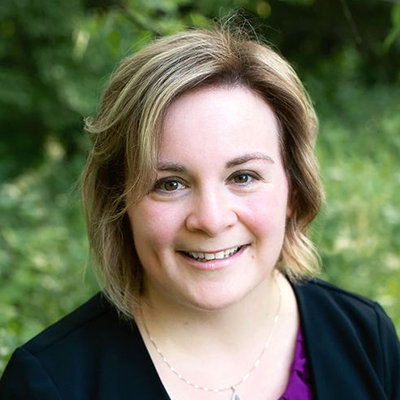
Anneliese Perry
Anneliese Perry is a Senior Quality Improvement Specialist at the Jewish Healthcare Foundation (JHF) and Pittsburgh Regional Health Initiative (PRHI) whose primary focus is working on initiatives related to the aging population. Ms. Perry has a passion for working with those affected by dementia, after having personal experiences with several of her own family members. She is one of the state-wide coordinators for Dementia Friends Pennsylvania, a movement to change the way people think, act, and talk about dementia. Additionally, she is an active member of the Dementia-Friendly Greater Pittsburgh work group. Ms. Perry is leading GRAN, an intergenerational reading program that will help inspire children to love reading while learning values and forming meaningful connections with seniors. Ms. Perry applies her experience in quality improvement and coaching to the CMS RAVEN (Reduce AVoidable hospitalizations using Evidence-based interventions for Nursing facilities) initiative. In this role, she develops and implements customized curriculum aimed at assisting long-term care communities reduce avoidable hospitalizations. As a coach, she works with healthcare organizations on quality improvement efforts and trains workers in Perfecting Patient Care℠, PRHI’s Lean Organizational Development approach. Prior to working at JHF, she worked in both home and community-based services as well as long-term care. Ms. Perry is a licensed Nursing Home Administrator and received a certification in Ethics and Compliance Management from St. Louis University.
I6: Secrets Your Employees Aren’t Telling You
Guide:
Denise Boudreau-Scott, President, DRIVE
Description: Ever wonder what your team members are saying about their work and your organization when you aren’t around? It’s not what you think! Benefit from the incredible feedback of thousands of employees that have shared what goes right in their organization and what could go better. Guaranteed the same bright spots and downsides can be found in your own organization! Once you find out the secrets, learn the essential actions you need to address them.
Objectives:
- Participants will identify the importance of engaged employees to the organization’s key metrics.
- Participants will discover the most common bright spots and drawbacks in organizations as identified by thousands of employees and residents.
- Participants will apply actionable recommendations shared by the presenters and fellow attendees in their own organization.
Bio:
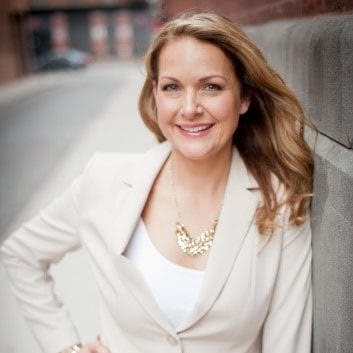
Denise Boudreau Scott
Denise Boudreau-Scott is President of DRIVE, which helps aging services organizations improve the resident and staff experience, and the bottom-line, through more engaged leaders and employees. A former nursing home and assisted living administrator, Denise co-founded and is chairperson of the New Jersey Alliance for Culture Change, a member of NAB’s LNHA Exam Writing Committee, chair of NAB’s Member Relations Committee and a former board member of the Pioneer Network. Denise received her Bachelor of Science in Gerontology from the University of Scranton and her Master in Health Administration from Cornell University where she serves as a student mentor and speaker. She is proud to share that she started off her career as a dietary aide and nursing assistant. Denise lives at the Jersey Shore with her husband, twin boys, one rescued Lab and a mutant Chihuahua who weighs 26 pounds!
I7: Building Community Across the Continuum of Care
Guides:
Kate Kavitski, Independent Living Administrator, Ingleside at King Farm
Sara Woodward, Life Enrichment Manager, Ingleside at King Farm,
Description: Have you ever experienced residents complaining about living with “old” people? This session will examine the explicit and implicit power dynamics present in continuing care retirement/life plan communities. Ageism, ableism, and ostracization will be discussed as well as their impact on individual and community wellness. To help participants identify and respond to power dynamics as they occur in their communities, interactive discussion and music and drama therapy experiences will be provided. Case studies will demonstrate the power of life enrichment programming in breaking down barriers and highlighting resident strengths. Structures and tools for designing community-building programs will be shared.
Objectives:
- Participants will define power dynamics that exist between residents living in various levels of care.
- Participants will discuss how these dynamics (namely ageism, ableism, and ostracization) negatively impact each resident and the community as a whole.
- Participants will name and create examples of community programs designed to remove barriers and highlight resident strengths.
Bios:
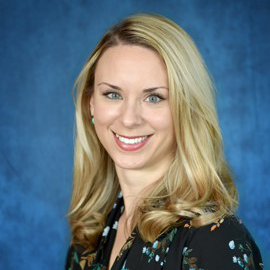
Kate Kavitski
Kate Kavitski serves as the Independent Living Administrator for Ingleside at King Farm, a continuing care retirement/life plan community. She holds ten years of experience working in Life Enrichment in various senior care settings. Kate is also a Registered Drama Therapist (RDT) and Certified Dementia Practitioner (CDP). Her experience includes group poetry therapy sessions for individuals living with dementia, drama therapy interventions for veterans in long- term care, and end-of-life storytelling. Kate is a culture change leader in her community, providing trainings, education, and ongoing hands-on assistance to engage all staff in person-directed living.
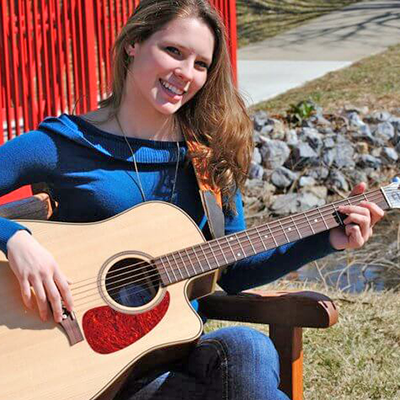
Sara Woodward
Sara Woodward is the Life Enrichment Manager at Ingleside at King Farm. She holds a bachelor’s and a master’s degree in music therapy from Shenandoah University and is a Board-Certified Music Therapist (MT-BC), trained in Neurologic Music Therapy. As a music therapist, Sara is trained to understand how music interacts with our brain, body, and spirit to help people maintain and improve in all dimensions of wellness. In addition, she is a Certified Dementia Practitioner and has over five years of experience applying her knowledge of music therapy to working with individuals living with dementia and across the continuum of care. As a culture change leader within Ingleside, Sara has led many trainings on approaches, tools, and resources to help staff become more engaged and successful in implementing resident-directed care. In addition, she completed and presented a master’s thesis as part of a new training curriculum for direct care staff teaching them music-based communication techniques for working with residents in mid to late stage dementia.
I8: Pain, Process and Holistic Intervention
Guide:
Sandra Place, Healthcare Consultant and Educator, Rolf Consulting
Description: This session will provide an overview of types of pain, pain management and care planning coupled with the use of non-pharmacological pain interventions. Participants will develop an understanding of physical and psychological pain, obtain resources for the mitigation of pain and learn how to meet the regulatory requirement of the use of non-pharmacological interventions in Elder driven care plans. Participants will also learn how to care plan and document non-pharmacological use. Much of this presentation will be the experience of various evidence based non-pharmacological interventions which are evidence based and effective for physical and psychological pain.
Objectives:
- Define and discuss physical and psychological pain.
- Review the CMS non-pharmacological requirements and Critical Element Pathways.
- Experience how to use and the effect of multiple non-pharmacological interventions for pain and unmet needs.
Bio:
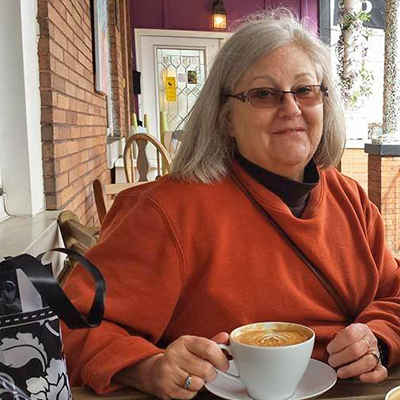
Sandra Place
Sandra L. Place is a licensed nursing home administrator currently working for Rolf Consulting providing healthcare education and consulting. Ms. Place has been in health care administration for over 38 years from physician practice management, acute rehab and hospitals, to the last 24 years in long-term care. She is a long-time advocate of Elder Directed Care and utilizes her graduate degrees in psychology and holistic health to aid in the development of innovative programs in the nursing home setting. Ms. Place’s last home achieved the Eden Alternative’s Milestone Four. Her homes have won numerous state and national quality awards and honors. Ms. Place is a Certified Eden Alternative Mentor, Educator and Guide and teaches at the Michigan State University Henry Center for Executive Development as an instructor for the Nursing Home Administrator’s Course. Additionally, she is a certified healthcare musician (harp), End of Life Doula, certified in mindful meditation and a Reiki Master Teacher.
I9: Envisioning the Future of Technology in Senior Care
Moderators:
Juliet Holt-Klinger,Senior Director Dementia Care, Brookdale Senior Living
Jack York,President and Co-Founder, It’s Never Too Late
Guides:
Todd Andrews, VP of Master Planning and Repositioning, Asbury Communities
Jo Cleary, CEO & Founder, NQIQ – Smart Nutrition
Marla Devries, Director of Resource Development, The Green House Project
Josh Hansen, Founder Doing Well By Doing Good
Martin Yaconis, General Manager, CORPORE SANO, LLC
Description: Join us for an exciting half-day intensive where participants will engage with and experience different technologies that are available to support the lives of elders living in senior living settings. Focusing on off-the-shelf applicable solutions, this session will cover virtual reality, smart technology, touchscreens, and robotics, all applied to the promotion of well-being.
Objectives:
- Understand a variety of technologies available and how they are used in senior living, including Virtual Reality, robots, immersive sensors, and use of lighting.
- Explore evidence-based results related to each technology demonstrated.
- Evaluate different technologies to determine how they can support quality of life for the elders they support.
Bios:
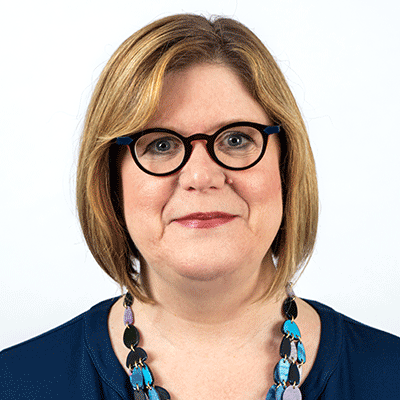
Juliet Holt Klinger
Juliet Holt-Klinger, has close to 35 years of working in dementia care field and long-term care. A gerontologist specializing in person-centered programs for people living with dementia, she is the Senior Director of Dementia Care for Brookdale Senior Living. As an educator and program designer for more than 30 years, Juliet has developed and operated programs for national companies representing both skilled nursing and assisted living levels of dementia care. In her role for Brookdale, she is responsible for dementia care program development, implementation and quality assurance for Brookdale’s nearly 500 dementia care communities and provides strategy development and innovation for Brookdale’s dementia care product.
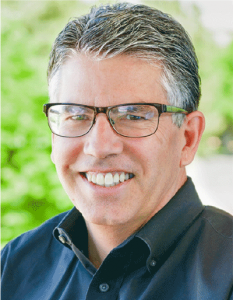
Jack York
Jack York is the founders of IN2L, a computer system that integrates the hardware, software, media and various components necessary to allow virtually any person with any interest in using a computer, “regardless of background, physical or intellectual abilities” to do so pleasurably, engagingly, and without frustration. Jack has been a partner to the Pioneer Network and other providers in the aging services field for a number of years. He has provided innovation through his business and served as a speaker both nationally and internationally on topics related to technology and the opportunities for using it to enhance life for seniors. He is currently a member of the Board of the Pioneer Network.
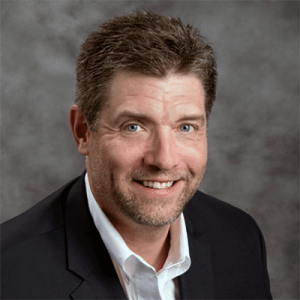
Todd Andrews
Todd Andrew’s has served in positions supporting Senior Living lifestyle and Programing for over 26 years. He has provided strategic growth, operational effectiveness and innovation in many different types of community settings. Todd brings tremendous passion and enthusiasm to his role. The opportunity to help create a better life for both seniors and the staff who support them is his prime focus. Short and long range planning are not simply about bricks and mortar, but focused on offer, program and lifestyle. Working in concert with a tremendous group of passionate servant leaders, he has made a true impact on resident quality of life. As Vice President, Master Planning Todd Andrews is responsible for the continuous development and growth of Asbury’s programs and offers particularly geared toward new consumers. A newly created role, its purpose is to position Asbury as a Provider of Choice and a leader focused on innovative approaches to resident’s Quality of Life.
Todd holds a Bachelor of Science degree in Public Administration from Binghamton University and is a Certified Aging Services Professional, holding that certification since 2014.
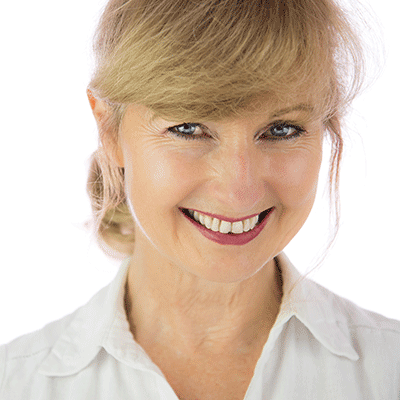
Jo Cleary
Jo Cleary is an Aged Care Strategic Advisor, Facilitator, Consultant, Speaker and Change Agent with a broad and diverse background, has spent seven years immersing onsite in Australian residential care communities, spending seven day periods with elders and staff, eating all meals and codesigning collaborative solutions to optimise and innovate the dining experience.
What Jo discovered was that many residents did not eat adequate nutrition, leading to malnutrition and associated poor quality of life. Additionally, Australian aged care is facing a crisis in finance, staffing and care management. And so Jo’s work has been focused on enabling staff to give high-tech, high-touch care using a proactive approach to maximize quality of life for elders. She supports the building of enabling solutions to maximize resources and support staff and management on their learning journey. Jo has a Bachelor of Science (Psychology) with Honours with further studies in understanding dementia, food safety and food innovation. Jo has a Bachelor of Science (Psychology) with Honours with further studies in understanding dementia, food safety and food innovation.
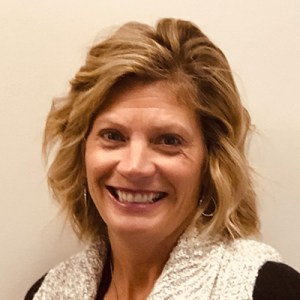
Maria DeVries
Marla DeVries has over 25 years’ experience in long term care, beginning as a long-term care ombudsman for nine years. During that time, Marla became involved in the culture change movement in Michigan and helped launch a statewide initiative to bring culture change across the state in an initiative that encompassed collaborating with state survey agencies, the state office on aging, the ombudsmen program, and long-term care providers. Marla worked for a nonprofit provider in Utah to support cultural transformation at five sites. While at The Green House Project, Marla developed the model fidelity tool, known as MERIT, that is administered annually to Green House sites to measure adherence to the Green House model. She has previously spoken at Pioneer Network, AHCA, The Eden Alternative, and several state and local conferences.
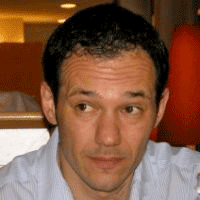
Martin Yaconis
I10: Humanitude: An In-Depth Learning Opportunity
Prerequisite: Must have attended either the special Sunday Humanitude session or Concurrent Session A7
Max attendees: 20
Guides:
João Pärtel Araújo, BSc, MSc, MBA / Humanitude Trainer
Franck De Vivie, Director of Institute Gineste-Marescotti International
Description: This session is designed to provide a deeper dive into the work of Humanitude, and to give attendees an opportunity to further explore this multimodal methodology of care, working closely with the team from Humanitude in a small group setting.
Bios:
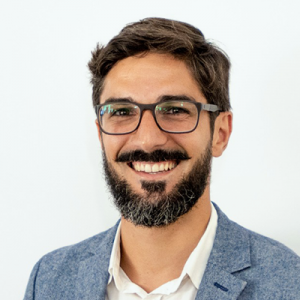
João Pärtel Araújo
João Pärtel Araújo’s mission is to bring joy into caregiving, regardless of setting and role, believing that life and happiness belong in healthcare. In 2006, his grandfather was diagnosed with vascular dementia, and that made him to dedicate his life to geriatric and frail people care, searching for best caregiving practices to promote welfare and quality of life. João began as a caregiver, a nurse, a clinician, later becoming a healthcare director, and is now working as a trainer and a consultant.
Traveling worldwide to train, empower and inspire healthcare professionals, families, and people with chronic health conditions, he is actively working to change the lives of hundreds of people with a relational approach to care. He has worked with Humanitude since 2010, the methodology of care developed by Yves Gineste and Rosette Marescotti, that he personally learned from them, achieving the certification of Humanitude instructor in 2016. He is currently the International Pedagogical Coordinator for Humanitude implementing this evidence-based methodology of care in Europe, Asia and America.
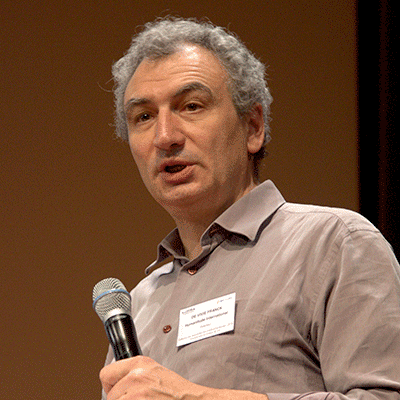
Franck De Vivie
Franck De Vivie has a Masters degree in Management (1989 GEM – Grenoble Ecole de Management). He worked for 20 years for a European food packaging group from 1992 till 2012 developing management skills at an international level. In 2007, he was appointed VP Sales for the group. It was through his wife, Annie de VIVIE, that he became involved with Humanitude. Annie has been in charge of the Humanitude network in France since 2004, and through her, Franck he had the opportunity to meet Rosette Marescotti and Yves Gineste on several occasions. In 2013, they offered him the opportunity to join the Humanitude network and bring his experience to develop it internationally. Humanitude values before all network is growing thanks to encounters with people sharing the same values in countries like Belgium, Italy, Spain, Japan, Korea, Singapore and USA.
PM Mini-Intensives
WEDNESDAY, AUGUST 12: 11:15 AM - 2:00 PM
I11: Tap into Something Deeper: Clinical Art Therapy & Personalized Music Together
Guides:
Deborah Ferris, Founder & CEO, Thriving4Life
Angel Duncan, Director, Graduate Art Therapy & Counseling Dept/Faculty, Albertus Magnus College
Brian LeBlanc, Awesome Guy!, Dementia Action Alliance
Dr. Mark Hammond, MD
Description:
Discover what happens when you bring two life-changing, evidence-based, companion programs together. Clinical art therapy is not an “arts and crafts” program used for distraction purposes; it is a dignifying, fine arts program used for self-expression while stimulating brain activity. Personalized music rates #1 as the only stimulus that activates the entire brain. Our most personal life experiences and memories, intertwined with our music, are “tucked safely away” in the last part of the brain affected by dementia. Together, these programs validate the arts as an effective and innovative approach in promoting health, improved treatment outcomes, well-being and quality of life.
Objectives:
- To improve the standards in medical disciplines in dementia care.
- To provide a greater understanding and appreciation of how the brain interrelates with subconscious and conscious thought.
- Name at least one significant benefit of personalized music for chronic as well as acute conditions in any care setting or at home.
- Name at least two ways personalized music provides respite, hope and eases care burdens for at-home family caregivers.
Bios:
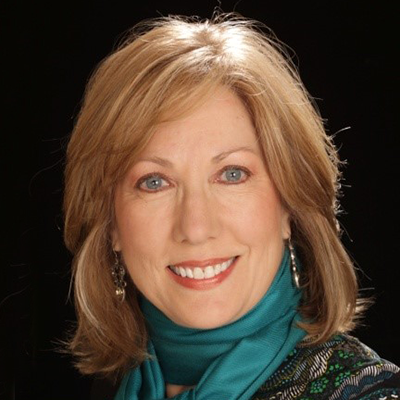
Deb Ferris
Deborah Ferris is the Founder & CEO of Thriving4Life, Inc, a nonprofit organization that helps individuals and those that care for them to thrive and be the best version of themselves. By providing access to a suite of high quality, field-tested, therapeutic, non-pharmacological programs, resources, education, training, services, and support, Thriving4Life makes navigating through options easier and more efficient for health care professionals and at-home family caregivers. Deborah spent six years managing nine states as the Music & Memory® Southeastern U.S. Regional Director promoting awareness of the therapeutic impact of personalized music for individuals with cognitive, mental, intellectual and physical challenges. Impassioned by her mother’s 16-year Alzheimer’s journey, Deborah’s work has included collaborating with clinical teams, designing and conducting web-based trainings and presentations, designing program foundation and implementation resources, consulting with corporations and state agencies to secure program funding, engaging with health and elder care professionals, community organizations, dementia support entities, and at-home family caregivers. Deborah is also the Managing Owner of Thriving4Life Consulting, LLC providing the required seminar for those pursuing Certified Dementia Practitioner® certification through the National Council of Certified Dementia Practitioners. Deborah is a Certified Montessori Dementia Care Professional licensed through the International Council of Certified Dementia Practitioners.
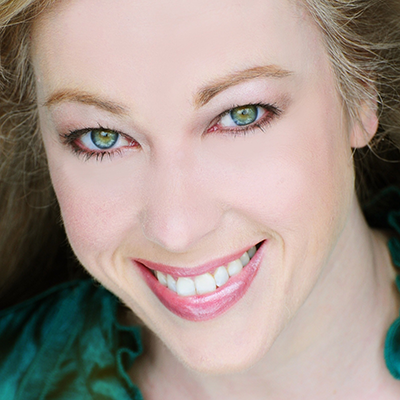
Angel Duncan
Angel Duncan is involved in Alzheimer’s disease research as a clinician in clinical trials, director of education and therapist to caregivers and people living with early onset and early stage dementia. She provides art therapy training in arts related programming for dementia populations and establishes museum art tours around the country and internationally. Her current affiliations are with the Yale University Art Gallery, Yale Alzheimer’s Disease Research Center and Albertus Magnus College in developing an early stage dementia museum program. She consults with the National Alliance in Mental Illness (NAMI), AARP and YMCA chapters throughout the northeast coastal region in brain health initiatives for successful living.
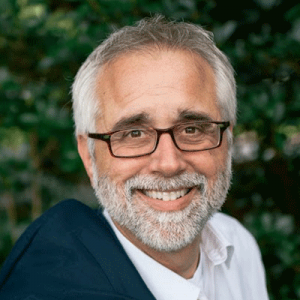
Brian LeBlanc
Brian LeBlanc grew up in New Orleans, LA and has lived in the Gulf Coast area since then. He found his niche in the professional world as a Marketing and Public Relations Executive. Diagnosed in October of 2014 with early-onset Alzheimer’s Disease and no longer able to work, Brian made a career change by using his voice to spread awareness and education about living with Alzheimer’s disease. He now spends his time as a keynote speaker and session presenter at international, national and local conferences, seminars and workshops. He also teaches Crisis Intervention Team Training to law enforcement as to how to recognize individuals living with a dementia-related illness.
As an individual diagnosed with Early Onset Alzheimer’s as well as Vascular Dementia, Brian provides a window into the journey of a regular guy, from a regular life who is living with a progressive brain disease. Brian leans on the profound impact that his personalized music playlist has on his life. Not only does it drastically decrease what he calls his “brain fog,” it also reduces anxiety when he travels, brings back fond memories and identity, and helps him remain more present and functioning at the highest level possible.
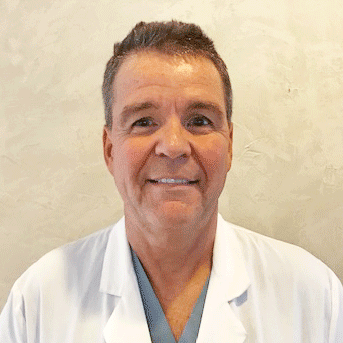
Dr. Mark Hammond
Mark Hammond, MD has been a practicing Internal Medicine physician in the Memphis area for 33 years. He specializes in hospital and long-term care medicine. He has served as Medical Director of numerous skilled facilities and hospices. He has a special interest in non-pharmacological treatment of dementia and has been a strong supporter of music therapy. Dr. Hammond believes that the care of long-term care residents needs more focus on quality of life and supports efforts such as the Eden Alternative as a model of future care. In addition, he has interest in applying the concepts of music and art therapy to hospital care to help prevent delirium and related complications of acute illness in the elders.
I12: Preferences for Everyday Living Inventory (PELI) Advanced Bootcamp: Strategies for Communicating Resident/Client Important Preferences Across Care Teams, Volunteers, and Families
Guides:
Karen Eshraghi, Quality Improvement Project Manager, Abramson Center for Jewish Life
Victoria Crumbie, Director of Recreation, Abramson Center for Jewish Life
Alex Heppner, Project Manager, Miami University
Description: In this interactive workshop, participants will learn how to communicate data obtained from the Preferences for Everyday Living Inventory (PELI) to enhance person-centered care in the nursing home setting. First, we will share strategies for integrating preferences into care plans. Second, we will share resources and a process for communicating resident preferences through Preferences for Activity and Leisure (PAL) cards. Finally, we will highlight quality improvement initiatives for assisting organizations with PELI implementation, including a one-page document that clearly outlines an individual’s most important preferences, in an easy to read template, allowing preference information to be more accessible to direct care staff.
Objectives:
- Discuss ways of integrating important preferences into care planning.
- Provide instruction about how to communicate resident/client preferences for leisure and recreation via PAL cards.
- Understand how implementation of PELI can support your community’s quality improvement program.
Bios:
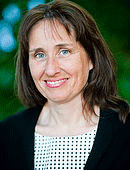
Karen Eshraghi
Karen Eshraghi, MSW, received her Bachelor’s in Social Work from Spalding University and her Master’s in Social Work from Temple University. In her three-year tenure as project manager for a NIH-study “Assessing the Preferences for Everyday Living in the Nursing home” (2011-2014, Ms. Eshraghi developed expertise in the assessment, training, and measurement of important preferences of nursing home residents. She was a contributing author on multiple publications related to person-centered care and has provided numerous presentations on this topic.
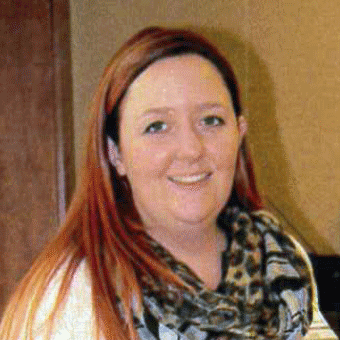
Victoria Crumbie
Victoria Crumbie (Tori) is the Director of Recreation for the Abramson Center for Jewish Life, North Wales, PA. She is responsible for the development of the Recreation Department to expand the scope of programming and incorporate therapeutic intent. She supervises the MATCH Tracker Quality Improvement initiative to enhance person-centered care. Tori develops the calendar of activities to include opportunities for residents to fulfill a vast array of preferences at any stage in life. In addition, she maintains the Recreation Department budget lines and provides supervision to the Program Assistants and collegiate interns to establish goals for future professional development. Finally, she plans, organizes, and implements organization-wide special events for residents, family, and staff.
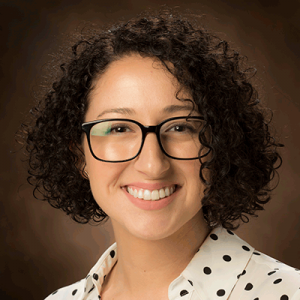
Alex Heppner
Alex Heppner, BSW, received her Bachelor’s in Social Work from Bradley University. Ms. Heppner has experience with care planning process in both long-term care and adult day program settings. She is currently the Project Manager for the PELI-Can Project tasked with assisting Ohio nursing home providers implementing the Preferences for Everyday Living Inventory (PELI). Alex communicates with nursing home providers to identify barriers and facilitators of PELI implementation and manages the project’s “helpline” to respond to provider inquiries. She also assists with the development of training videos and tip sheets to aid providers. Additionally, she manages the project’s social media accounts and electronic newsletter for dissemination of implementation tips, updates, and related information.
I13: Resident-Driven Memory Care Communities: Lessons from the VA and Montessori
Guides:
Cameron Camp, Director of Research, Center for Applied Research in Dementia
Lynn Snow, Research Clinical Psychologist & Professor, Tuscaloosa VA Medical Center & University of Alabama (Research Institute on Aging & Psychology Department)
Christine Hartmann, Researcher, Bedford VA Medical Center
Description: Person-centered care must focus on the person living within a community. Persons living with dementia want and deserve to live in a home, surrounded by neighbors they know and who know them, to be part of a community, and to be connected to the outside world. A resident-driven memory care community is one in which residents control their own lives, do as much as possible for themselves and each other, and live lives with purpose and meaning. Results from a project within the VA nursing home system focusing on the use of Montessori methods to create such resident-driven communities will be discussed.
Objectives:
- Discuss at least three basic elements of a resident-driven memory care community.
- Discuss at least three components of VA nursing homes and both their similarities and unique aspects compared to non-VA long-term care settings.
- Describe the main components of a project to implement Montessori methods into VA nursing homes as a means of creating resident-driven communities.
- Learn at least three basic methods of starting the process to create resident-driven memory care communities.
Bios:
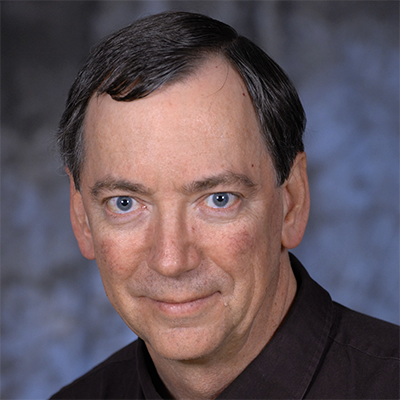
Cameron Camp
Cameron J. Camp, Ph.D., originally developed the use of the Montessori method as an intervention for use with persons living with dementia. He is a noted psychologist specializing in applied research in gerontology, and currently serves as Director of Research and Development for the Center for Applied Research in Dementia. Dr. Camp gives workshops on designing cognitive and behavioral interventions for dementia internationally. These interventions are all designed to reduce challenging behaviors and increase the level of functioning and quality of life of persons with dementia. He has co-authored three college textbooks and published over 150 peer-reviewed articles and book chapters. Dr. Camp is a Fellow and Past-President of Division 20 (Adult Development and Aging) of the American Psychological Association, a Fellow of the Gerontological Society of America, and a Charter Member of the Association for Psychological Science. His research has been funded by grants from the National Institutes of Health and the national Alzheimer’s Association. He is recipient of the American Psychological Association Award for Distinguished Professional Contributions to Applied Research.
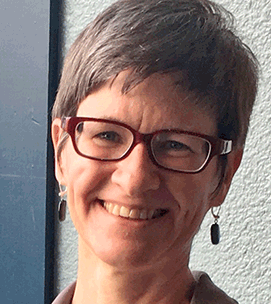
Lynn Snow
Dr. A. Lynn Snow has been working in nursing homes since she was 17. She is co-director of VA CONCERT (CLCs Ongoing National Center for Enhancing Resources & Training), whose mission is supporting VA Community Living Centers in achieving high involvement quality improvement. She is co-investigator on a current VA grant with Dr. Camp and Dr. Hartmann (led by Dr. Michelle Hilgeman) to investigate effective implementation of Montessori practices into VA community living centers. Her clinical and research agendas have focused on the nursing home setting for her entire career. She has served on the board of the Alabama Coalition for Culture Change and as a member of the culture change committee at her local VA Community Living Center. Her clinical expertise is in dementia care (assessment and treatment of pain, depression, and anxiety), staff coaching, and mindfulness. Her research agenda focuses on improving nursing home quality and person-centered care implementation. She has served as principal investigator or co-investigator on a number of federally funded research and clinical demonstration grants to improve person-centered care implementation in nursing homes.

Christine Hartmann
Dr. Christine Hartmann is co-director of VA CONCERT (CLCs Ongoing National Center for Enhancing Resources & Training), whose mission is supporting VA Community Living Centers in achieving high involvement quality improvement. She is co-investigator on a current VA grant with Dr. Camp and Dr. Snow (led by Dr. Michelle Hilgeman) to investigate effective implementation of Montessori practices into VA community living centers. Dr. Hartmann is an implementation science expert, particularly in the areas of nursing home person-centered care, quality, and safety. She has been an active leader and participant in VA culture change efforts, locally and nationally.
I14: Ageism: Let’s Change the Narrative Together!
Guides:
Mel Coppola, President/Owner, Hearts In Care, LLC
Ryan Backer, Age Activist, OldSchool.info
Kyrié Carpenter, Co-founder, OldSchool.info
Description: By now, most people have heard of ageism, but few understand how dangerous it is to our health and well-being. Research shows that negative views about our own aging can subtract 7 1/2 years from our lives. To change our thinking, we need to truly see and address ageism as it plays out in all aspects of our lives. Join us and this emerging global movement in this Old School-branded ageism workshop. Participants will leave with everything needed to recreate this workshop in their own communities. Additional resources and tools will also be shared to help society become “all-age friendly.”
Objectives:
- Identify examples of anti-ageism activism here and abroad.
- Experience an actual Dismantling Ageism Workshop.
- Identify additional resources to be used with the Workshop or as stand-alone items to help combat Ageism.
Bios:
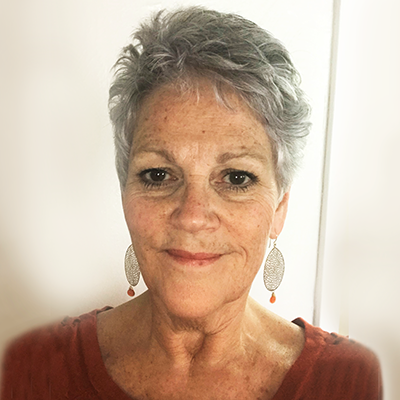
Mel Coppola
Mel Coppola is a self-proclaimed “emerging Elder.” Her passion for the past eleven plus years has been to elevate the status of Elderhood in our society. One of the ways she does this is by raising awareness of ageism and ableism. In 2014, after earning her Certificate in Gerontology, Mel founded Hearts in Care, LLC to help spread the word that aging and support can be different. In this role, she works with individuals, families, and organizations that span the spectrum of Eldercare services. Mel’s passion shines through whether she is doing a keynote or presenting at national conferences, on radio shows, in webinars, trainings, or in someone’s home. It doesn’t matter the audience—the message Mel brings is that everyone, no matter their age or ability, deserves to live a life filled with well-being! In addition to being an active Eden Educator and Mentor, Mel is a Florida licensed Assisted Living Administrator, an active member of Dementia Action Alliance, and serves as a Steering Committee member of Florida Pioneer Network, Florida’s culture change coalition.
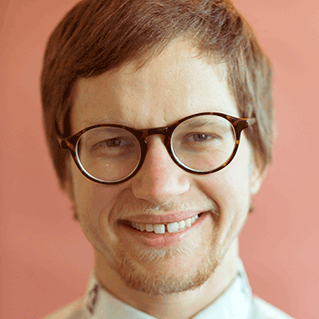
Ryan Backer
Ryan Backer, an age activist striving to undo ageism within an intersectional context, is a co-founder of OldSchool.info, a clearinghouse of anti-ageism resources, as well as the OldSchool@WorkAlliance, a coalition designed to eradicate ageism in the workplace. They (Ryan) are based in Montreal, Quebec, and contribute to the daily operations of both these endeavors and continue to develop and facilitate workshops to educate about ageism. Ryan has facilitated pro-aging, anti-ageism workshop in NYC, Berlin, Dublin, Philadelphia, Montreal, and at Pioneer in Louisville last year. Ryan identifies as a white, non-binary, queer, European-American ‘old person in training’, with an undergraduate degree in Gerontology. They created a zine called “Age Queer” which aims to decolonize age using a non-binary framework and they have been on this social justice path since 2013.
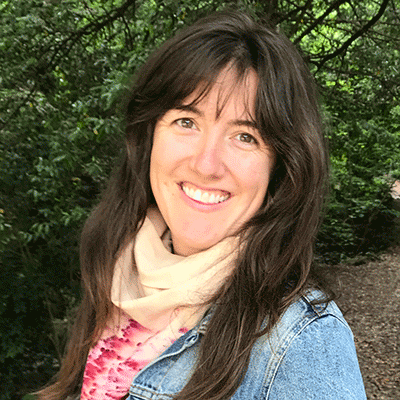
Kyrie Carpenter
Kyrié Carpenter (Kee-re-ay), is a coach and ageism activist. Her passion for story led her to a career in film, studies in Depth Psychology, and ultimately her work with aging. Kyrié loves being with others in their story, particularly at points of transition. She works with individuals as well as organizations to guide transformation and growth that continues long after their engagement ends.
Kyrié fights ageism as a co-founder of OldSchool.info, helping to shift the tragedy only narrative of aging and dementia on the ChangingAging tour. Prior to this she worked with elders living in long-term care. In 2015 she traveled to all 50 states living in a van the culmination of which was founding a wellness center, Prosper. Kyrié has an MA in Counseling Psychology and wrote her thesis on the Anti-Aging myth in America.
I15: Building an Age-Friendly Community to Support Culture Change in Healthcare
Guides:
Paddy Moore, Executive Chairman, Healthy Aging – Martha’s Vineyard
Leon Haley, Professor Emeritus, University of Pittsburgh
Description: The Guides will present and analyze the challenges of creating and sustaining a grass-roots advocacy coalition committed to elder leadership and culture change in the multi-cultural political and socio-economic spheres, while advocating for specific policy and behavioral changes in the delivery of health care in a nursing home and hospital. Attendees will learn how to identify the major issues of greatest concern to community elders; recruit, train, and work with Elders and other advocates to build political will, find organizational allies and funding to address those issues, and adapt and apply lessons learned during the session to their own communities.
Objectives:
- Understand how to start and implement a Healthy Aging coalition.
- Consider one’s own community and select a culture change project.
- Recognize the importance of using a survey to reveal Elders’ priorities.
- Describe the important roles of Senior Advocates in building community for change.
Bios:
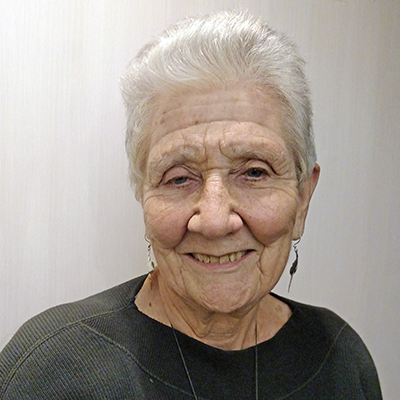
Paddy Moore
Paddy Moore has been a consensus-builder and change agent all her life. For many years, she designed and directed programs for children and families in the New Jersey Departments of Community Affairs and Health and later in Massachusetts, where she was Associate Commissioner in the Department of Social Services for policy and programs. She discovered mediation and consensus-building as a tool for change in 1985 and has since combined her passion for maximizing individual choice with her interest in health care –particularly long term care and community supports. Much of her health care mediation work was in resolving conflicts between physicians in group practice or in hospital departments; she also mediated national public policy discussions on Health Care Coverage for the Uninsured, and on the national shortage of health care professionals trained in geriatric care. When her husband was diagnosed with Alzheimer’s Disease in 2011, she reduced her national practice to her home community. She founded Healthy Aging – Martha’s Vineyard, a volunteer non-profit organization advocating for a culture of aging in which “individual voices of elders are heard and individual choices are respected and honored” in healthcare, transportation, housing, and caregiver services, and throughout the political and socio-economic environments.
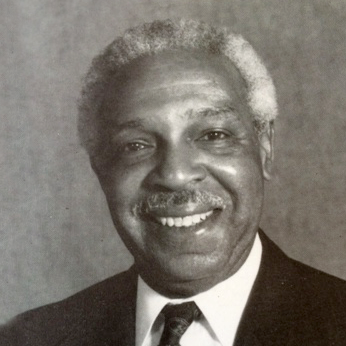
Leon Haley
Leon Haley is a Professor Emeritus at the University of Pittsburgh who has taught Nonprofit Management and Public Policy in the Graduate School of Public and International Affairs. He founded the Nonprofit Clinic which was designed to provide technical assistance in a variety of areas to small nonprofit organizations in Western Pennsylvania. For the past four years, he has served as a Consultant with Healthy Aging-Martha’s Vineyard whose mission is to lead a collaborative effort to make the Vineyard an aging friendly place to live. His work with the organization has involved doing research to identify cultural change related to innovative aging initiatives in various cities in the U.S. and abroad. He holds a B.A. in Political Science, a M.A. and a PhD in Political Science.
I16: Artifacts of Culture Change 2.0
Guides:
Karen Schoeneman, Karen Schoeneman Consulting: Quality of Life and Culture Change
Carmen Bowman, Regulator turned Educator, Edu-Catering: Catering Education for Compliance and Culture Change
Staff Representing Phase 2 Communities
Description: Have you ever asked yourself the question, “how can we measure the work we are doing related to culture change?” If you have, then we’re here to help you answer that question!
The Artifacts of Culture Change Tool, developed in 2006 by Karen Schoeneman and Carmen Bowman as a CMS product, has recently been updated to reflect current practice and support ease of use based on lessons learned from those who have used the tool over the past 13 years. The Artifacts tool is integral to the culture change movement and a great way for communities to assess and measure where they are on the culture change journey, celebrate accomplishments, and generate goals and action plans for the journey. Pioneer Network is host to the web-based version of the Artifacts of Culture Change tool. By registering and completing the tool, communities are able to input, tabulate results, and store their data online, thereby accessing current and historical data.
This session will provide an overview of the tool, highlighting the updates included in version 2.0. Guides, including representatives from Phase 2 Pilot communities, will ideas on how to use the tool and how they have applied it in their organizations. Measuring person-centered practices is a challenge for most organizations, and therefore not often a part of routine benchmarking and reporting within their QAPI program. Adding Artifacts to a quarterly reporting schedule can help to better identify and analyze incremental changes, encourage reporting, and create high involvement of staff, family, and residents in soliciting feedback from varying perspectives to complete the tool. The data also can be used to reflect quality efforts and performance improvement.
Objectives:
- Explain how the Artifacts of Culture Change tool was developed for CMS and its evolution with the latest knowledge and best practices that support quality of life for residents.
- Discuss how the Artifacts of Culture Change 0 tool can be used to comply with the person-centered requirements in the Federal requirements of participation and to support the QAPI process.
- Demonstrate online access to the Artifacts of Culture Change Tool, explain how it is used to gather / analyze data, identify opportunities, and develop action plans to drive performance improvement.
Bios:
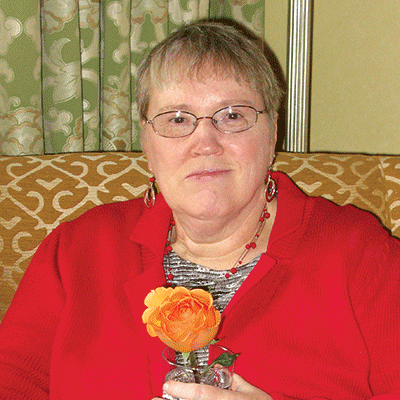
Karen Schoeneman
Karen Schoeneman spent the first half of her career in Social Services in various state-run long-term care homes. The second half was spent at Centers for Medicare & Medicaid Services (CMS) in the Nursing Homes Division, where she became the lead for quality of life regulations, a trainer of over 5000 surveyors in their BASIC courses, developer of the Hand in Hand training toolkit which was sent by CMS to all nursing homes (15,000) in the U.S. Karen is one of the founders of the culture change movement and the Pioneer Network. She brought the principles of culture change to CMS through several surveyor video broadcasts and national projects including the Environment and Dining Symposia, co-sponsored by CMS and Pioneer Network. She co-developed the Artifacts of Culture Change tool with Carmen Bowman in 2006 as a CMS product. Currently, Karen seems to be retired, sort of, and has been working as part of the Pioneer Network team on Artifacts of Culture Change 2.0, released Fall, 2020.
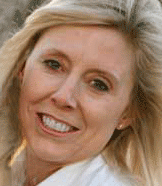
Carmen Bowman
Carmen Bowman is a consultant, trainer, author and owner of Edu-Catering: Catering Education for Compliance and Culture Change turning her former role of regulator into educator. Carmen was a Colorado state surveyor for nine years, a policy analyst with CMS Central Office where she taught the national Basic Surveyor Course and surveyor satellite broadcasts on culture change and how to survey for activities. As a contractor to CMS, Carmen co-developed the Artifacts of Culture Change measurement tool and facilitated both Creating Home national symposiums sponsored by CMS and the Pioneer Network. She facilitated the Task Forces that developed the new Dining Practice Standards and Toolkit. She serves on the Pioneer Network Public Policy committee meeting quarterly with CMS Division of Nursing Homes and co-developed the Artifacts 2.0. Carmen has a Master’s degree in Healthcare Systems, a Bachelor’s in Social Work and German, is a Certified Eden Associate and Eden Mentor, Certified Validation Worker, Group Practitioner and Presenter. She co-founded the Colorado Culture Change Coalition and has authored eight culture change workbooks plus hosts a monthly web culture change talk show Conversations with Carmen. Her passion is to coach teams to transform institutional culture as it is the team that makes change.
Site Visits / Businars
Maximum attendees: 40
WEDNESDAY, AUGUST 12: 8:00 AM - 12:30 PM
Woodside Place of Washington
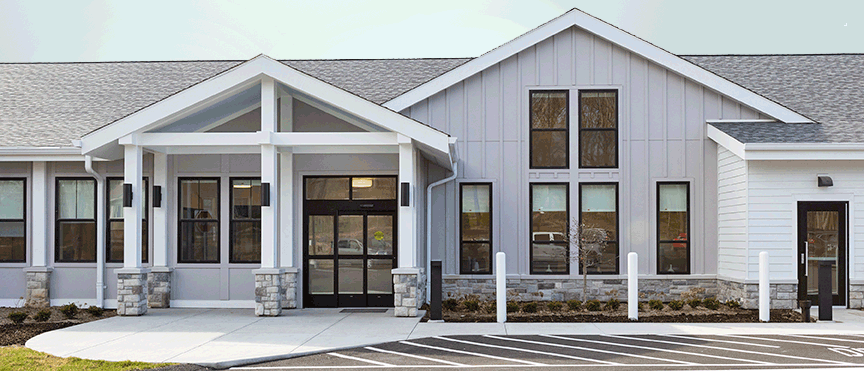
Woodside Place of Washington
Presbyterian SeniorCare Network
Guides:
Mary McHugh Murray, Senior Director, Presbyterian SeniorCare Network
Carrie Chiusano, Executive Director, Dementia Care Center of Excellence, Presbyterian SeniorCare Network
Members of the Woodside Place Team
Woodside Place of Washington of Presbyterian SeniorCare Network was built as a continuation of Presbyterian SeniorCare Network’s Dementia Care Center of Excellence, and is the newest community to join the Washington Campus. The community will be licensed as Assisted Living with a dementia care specialty focus in caring for 36 persons who are living with dementia.
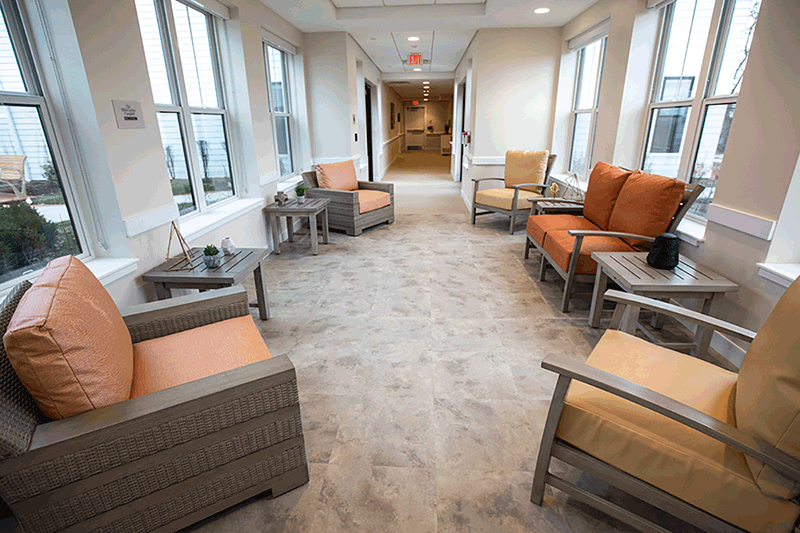
Woodside Place of Washington
The community is built on two levels, and each level has two 9-bedroom houses. Each neighborhood (floor) has a common area consisting of a kitchen/dining and living rooms, as well to the individual private rooms with European showers in the resident houses. Circadian lighting is being installed in each common area in order to promote each resident’s natural daily rhythm to enhance the wake/sleep cycle. Each neighborhood provides a walking path from the common area, past the resident rooms, and through a large sunroom. Residents will thus have the opportunity to walk freely in a safe environment for exploration. Doors/exits are secured throughout the community. In addition to inside exploration, residents will be able to access outdoor secured courtyards with circular paths during good weather. Wayfinding will be enhanced through the use of visual images (artwork) that will be installed to relate to each house’s Washington County theme: The Countryside, The Bridges, The Fairgrounds, The Springhouse. The artwork was specially chosen to be culturally significant for our residents who were raised on or around local farms, as well as therapeutic in that the artwork is big, bold and simple to assure visibility for those with impaired vision. In addition to using person-centered approaches to care for our residents living with dementia, we will utilize state-of-the-art technology to support cognitive stimulation and positive approaches. Examples are digital memory frames to individualize resident room entrances, It’s Never 2 Late (iN2L) computer technology, sensory room equipment, Music and Memory. Of course, these technologies are in addition to the basics of person-centered care that will be provided: a focus on obtaining resident personal history for use in daily support planning, a team that is trained on positive approaches to persons living with dementia, consistent assignments, and planned therapeutic programming by a recreational therapist.
Woodside Place of Washington of Presbyterian SeniorCare Network will be applying for certification as meeting the international WELL building standards. These standards reflect a focus on 7 areas of health, many of which relate to a physical plant that supports natural lighting, space and ventilation. Programmatic approaches will also support these standards, including the introduction of a “Mindful Choice” food selections in addition to traditional food choices.
https://oakmont.srcare.org/memory-care
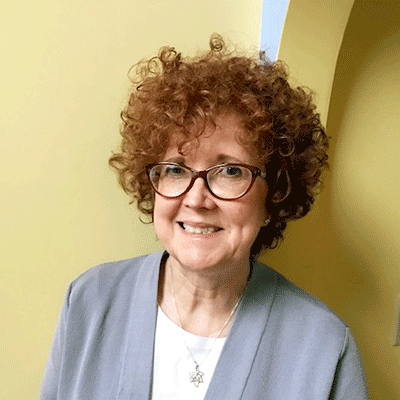
Mary McHugh Murray
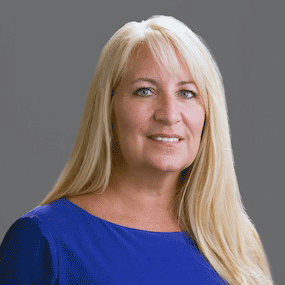
Carrie Chiusano
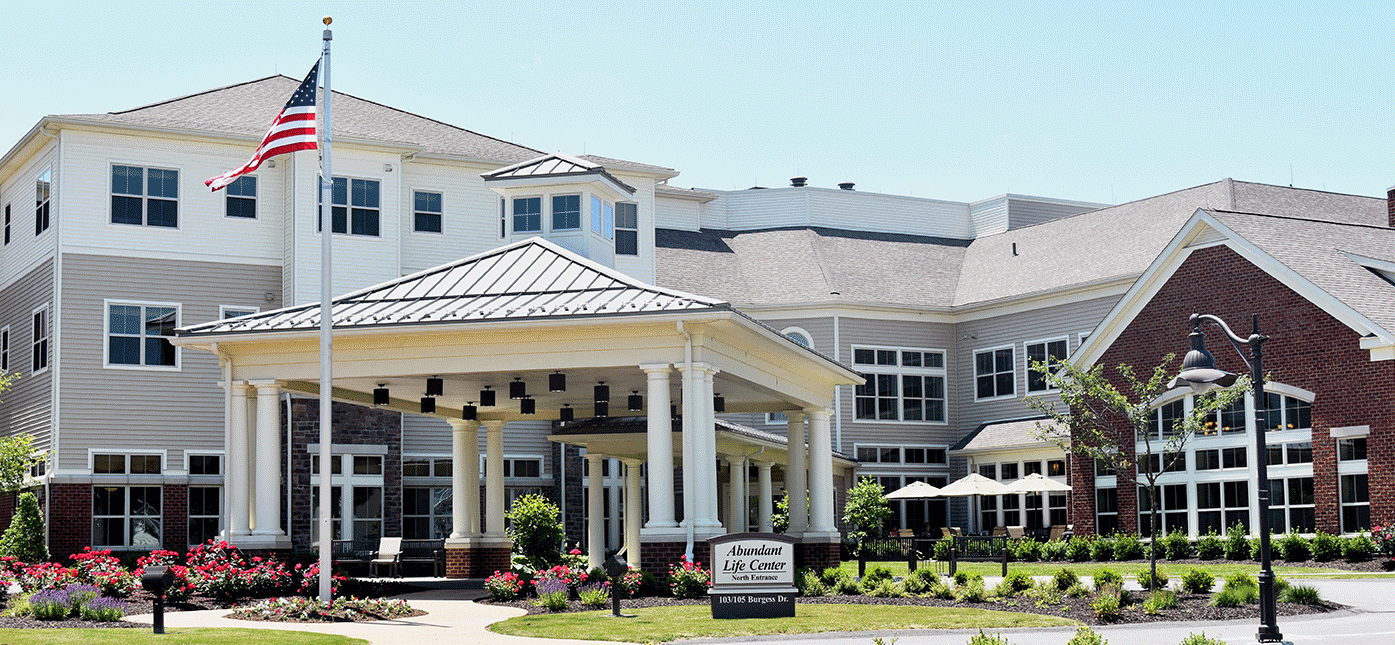
Lutheran SeniorLife Passavant Community
Lutheran SeniorLife
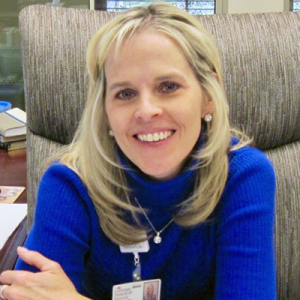
Laura Roy
Guides: Laura Roy, Executive Director, Passavant Community
Members of the Lutheran SeniorLife Team
Lutheran SeniorLife Passavant Community is a comprehensive Life Plan Community with a 115 year history of providing faith-based, non-profit services to elders in western Pennsylvania. Built on John 10:10b, Passavant’s mission is to provide those that it serves with opportunities for Abundant Life® regardless of their physical or financial circumstances.
Passavant Community began its journey towards person centered care in 2002 by challenging its processes and “the way it’s always been done.” And in 2008 endeavored on a strategic planning process to bring a much more life affirming physical environment to life. That process culminated in the construction of a new Abundant Life Center which was occupied in November of 2014. The Abundant Life Center is home to 102 elders either for a short term rehabilitation stay or for the remainder of their years. The nursing community is designed in a household model with six nursing households. Each household is home to 17 elders. This life affirming environment affords the elders privacy in private rooms or in one of the three semi-private suites. Each household is also appointed with a full service kitchen and dining room along with a family room and access to the outdoors.
The Abundant Life Center is also home to 34 elders living in two of the community’s personal care households. One of the personal care households – Shenandoah House – is for individuals requiring additional support as they live with dementia. This household is unique as it has been on a two year journey to infuse the culture with the Montessori for Aging and Dementia philosophy using the standards of the Association Montessori Internationale Montessori for Ageing and Dementia. Here elders are empowered to remain as independent as possible and fully engaged with their lives.
Visitors to the community will have the opportunity to experience the Montessori for Aging and Dementia philosophy as well as interact with members of the teams who have been intentionally working to transform the culture to one that is truly person centered.
https://www.lutheranseniorlife.org/about-us/


